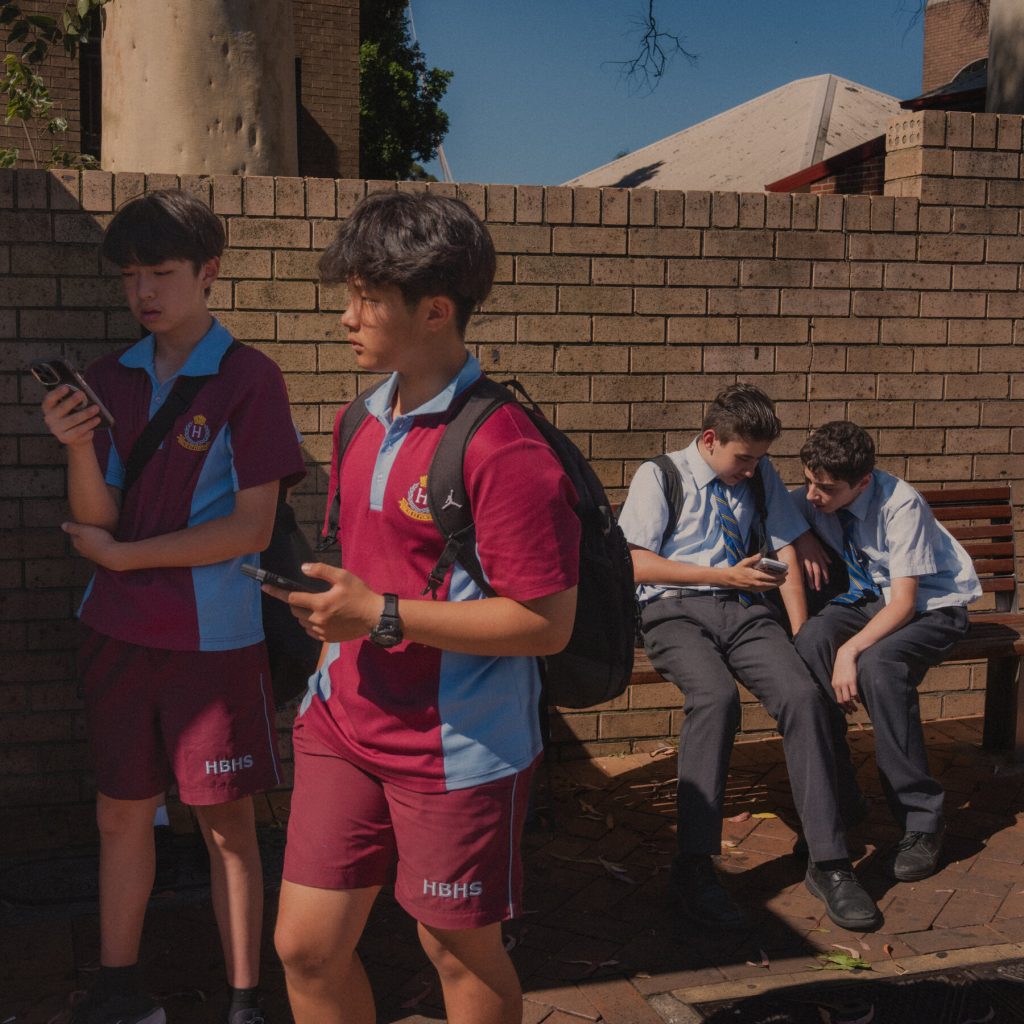Billions of Dollars ‘Vanished’: Low-Profile Bankruptcy Rings Alarms on Wall Street

The sudden downfall of First Brands, a relatively low-profile auto-parts manufacturer, has sent shockwaves through the financial corridors of Wall Street, revealing a trail of hidden losses at major international banks and private credit lenders. The company’s bankruptcy filing has raised more than a few eyebrows, as it appears that billions of dollars seem to have “vanished” into thin air.
First Brands, a mid-sized player in the auto-parts industry, had been struggling with financial woes for some time. However, its bankruptcy has triggered a chain reaction, exposing a complex web of debts and losses that had been quietly accumulating on the balance sheets of several prominent lenders. The magnitude of these losses has left many in the financial community scrambling to reassess their risk exposure and reevaluate their lending practices.
The episode has brought attention to the opaque world of “private credit” lending, where non-bank lenders provide financing to companies, often with less stringent disclosure requirements than traditional banks. This sector has grown rapidly in recent years, filling a perceived gap in the market for companies that may not qualify for conventional bank financing.
However, the First Brands debacle has raised concerns about the potential for systemic risk in this rapidly expanding market. As investors and regulators dig deeper into the circumstances surrounding the company’s bankruptcy, it is becoming increasingly clear that the impact of this event will be far-reaching, with implications for lenders, investors, and the broader financial system.
The unfolding drama serves as a stark reminder of the interconnectedness of the global financial system and the potential for seemingly isolated events to have far-reaching consequences. As the dust settles, one thing is certain: the sudden disappearance of billions of dollars will have a lasting impact on the financial landscape, prompting a thorough reexamination of risk management practices and lending standards across the industry.





